Deadline extended to 23rd January
If you have local business contacts who would like to attend, please send them the link to this blog post.
Engineering underpins human progress. …. Their work literally creates the fabric of society, whether the buildings we live and work in, the energy that powers our world or the transport networks that we use every day…. As with  medicine, engineering expertise only comes with practice, by means of exposure to real-world dilemmas and techniques for addressing them. Engineering the Future
medicine, engineering expertise only comes with practice, by means of exposure to real-world dilemmas and techniques for addressing them. Engineering the Future
BU’s Research & Knowledge Exchange Office (RKEO) will be hosting an event on Wednesday, 1st February 2017, at the Lansdowne Campus, exploring how BU can engage with the Advanced Manufacturing and Engineering agenda.
What does this mean for me…?
Here are some examples of how you could contribute to this day:
- Personalised healthcare requires technology but also input from those working directly with the end users and the medical profession to ensure efficacy and uptake
- Advanced Manufacturing and Engineering does not exist in a vacuum and must respond to the changing global social, economic and political landscape
- Animation and augmented reality already assist in visualisation and development across the engineering field, including automated production systems, infrastructure projects and forensic engineering
- People are at the heart of any organisation – how do we ensure that engineers have effective management skills and managers understand the complexity of this sector?
So, who should attend?
We want anyone who thinks they might have something to contribute. We will also be inviting relevant external attendees to contribute to the day.
What do I need to prepare in advance? What will the day entail?
Absolutely nothing in advance. During the session, you’ll be guided through a process which results in the development of research ideas. The process facilitates creativity, potentially leading to innovative and interdisciplinary research ideas. These ideas will be explored with other attendees, and further developed based on the feedback received.
What if I don’t have time to think about ideas in advance?
You don’t need to do this but it will help. Attendees will come from a range of backgrounds so we expect that there will be lively conversations resulting from these different perspectives.
What about afterwards? Do I need to go away and do loads of work?
Well… that depends! This interactive day will result in some novel research ideas. Some of these may be progressed immediately; others might need more time to develop. You may find common ground with other attendees which you choose to take forward in other ways, such as writing a paper or developing a new placement opportuntity.
What if my topic area is really specific, such as health?
Your contribution will be very welcome! One of the main benefits of this type of event is to bring together individuals with a range of backgrounds and specialisms who are able to see things just that bit differently to one another.
So, is this just networking?
Definitely not! It is a facilitated session with the primary intention of developing innovative research ideas, which also enables the development of networks. It gives you the opportunity to explore research ideas which you may develop over time, together with the chance to find common ground with academics from across BU and beyond.
So, how do I book onto this event?
This event will take place on Wednesday, 1st February 2017. Please only book to attend if you can particpate in the full event from 09:45 – 14:00. There will be additional networking time from 14:00 – 15:00. To book, please complete the application form and return this to Dianne Goodman by end Monday, 23rd January. As places are limited, this will be assessed to ensure good mix of attendees with different perspectives. Places will be confirmed w/c 23/1/17.
This event is part of the new Research Knowledge Exchange Development Framework.
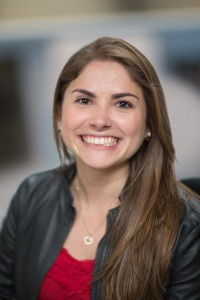 Vanessa is a Registered Nutritionist and holds both a Ph.D. and Master degree in Nutrition from Federal University of Santa Catarina, Brazil. Vanessa’s research interests are mainly related to policy aspects of health promotion and nutrition, with attention to the prevention of childhood overweight and obesity through the promotion of healthy eating. She has been involved in projects related to different aspects of food and menu labelling, which were supported by the Brazilian Ministry of Science, Technology and Innovation (MCTI) and by the Brazilian National Council for Scientific and Technological Development (CNPq).
Vanessa is a Registered Nutritionist and holds both a Ph.D. and Master degree in Nutrition from Federal University of Santa Catarina, Brazil. Vanessa’s research interests are mainly related to policy aspects of health promotion and nutrition, with attention to the prevention of childhood overweight and obesity through the promotion of healthy eating. She has been involved in projects related to different aspects of food and menu labelling, which were supported by the Brazilian Ministry of Science, Technology and Innovation (MCTI) and by the Brazilian National Council for Scientific and Technological Development (CNPq).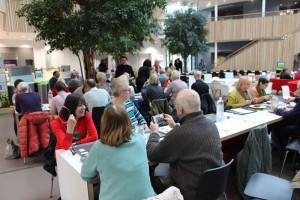

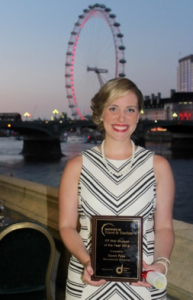
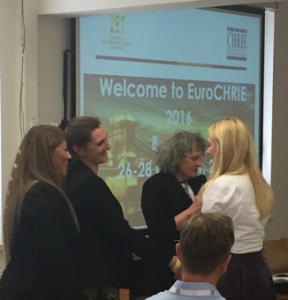
![InnovateUK_LogoA_Interim_RGBx320govuk[1]](http://blogs.bournemouth.ac.uk/research/files/2014/12/InnovateUK_LogoA_Interim_RGBx320govuk11-300x90.jpg)




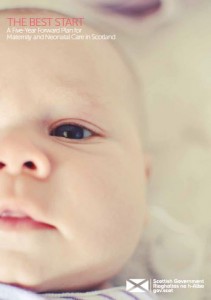
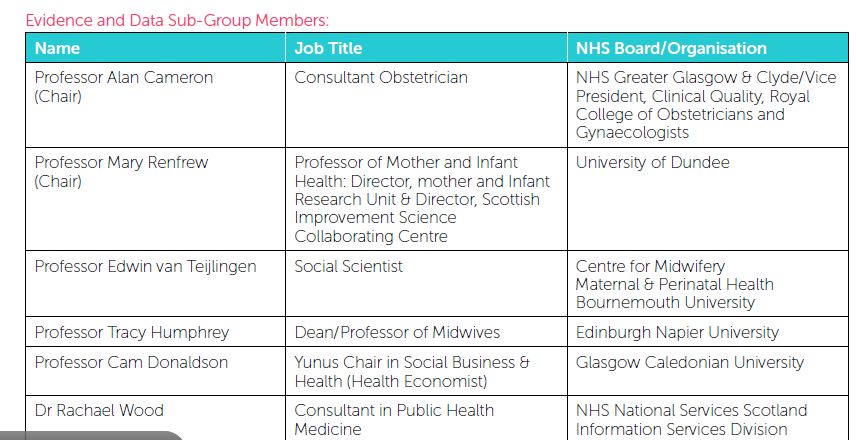


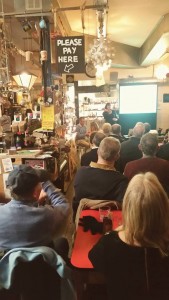 We’re currently looking for speakers for
We’re currently looking for speakers for













 New CMWH paper on maternity care
New CMWH paper on maternity care From Sustainable Research to Sustainable Research Lives: Reflections from the SPROUT Network Event
From Sustainable Research to Sustainable Research Lives: Reflections from the SPROUT Network Event REF Code of Practice consultation is open!
REF Code of Practice consultation is open! ECR Funding Open Call: Research Culture & Community Grant – Apply now
ECR Funding Open Call: Research Culture & Community Grant – Apply now ECR Funding Open Call: Research Culture & Community Grant – Application Deadline Friday 12 December
ECR Funding Open Call: Research Culture & Community Grant – Application Deadline Friday 12 December MSCA Postdoctoral Fellowships 2025 Call
MSCA Postdoctoral Fellowships 2025 Call ERC Advanced Grant 2025 Webinar
ERC Advanced Grant 2025 Webinar Update on UKRO services
Update on UKRO services European research project exploring use of ‘virtual twins’ to better manage metabolic associated fatty liver disease
European research project exploring use of ‘virtual twins’ to better manage metabolic associated fatty liver disease